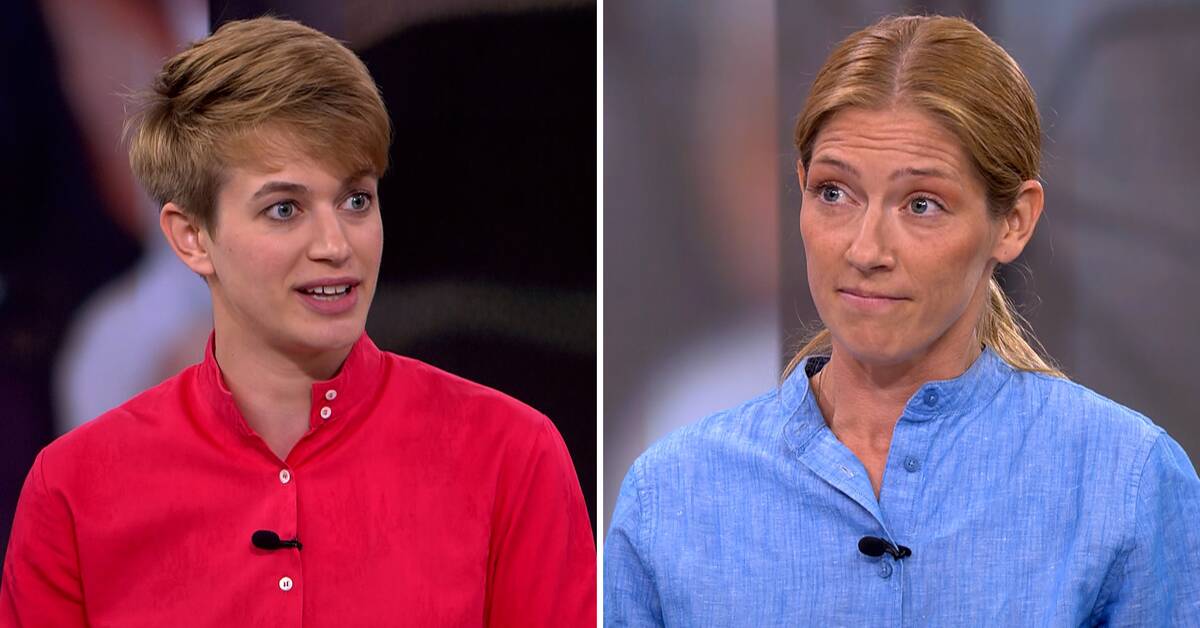The ten researchers behind the debate article believe that there is scientific evidence that a lot of screen time causes a number of negative effects on younger children, including learning difficulties.
One of the authors of the article is Sissela Nutley, who has a doctorate in cognitive neuroscience from Karolinska Institutet.
She believes that FHM should follow Norway's example and introduce recommendations to keep children under the age of two completely away from screens.
- Two years is a reasonable limit for children's brain development to be so sensitive during the first two years.
They are absolutely most important.
After that, it is not as critical, says Nutley in Aktuellt.
The psychologist is critical
Siri Helle shares the view that there is evidence of harmful effects when it comes to screen time in young children, but at the same time opposes such strong recommendations from authorities.
- There is no reason to have zero minutes of screen time.
As an adult, letting children watch "Babblarna" while cooking porridge, standing and dancing in front of a music video or having video calls is something that can be positive for the family, she says.
Helle further believes that pointers would scare and blame parents.
She believes that screens to a limited extent can be a useful tool for getting everyday life together, which is rejected by Sissela Nutley.
- The ten minutes you have in mind at the gruel are often not ten minutes once you have started to introduce the screen.
Is this the only way to use to calm down or distract, the child learns that they get a screen when they have an outbreak, she says
FHM: No recommendations in the near future
The message from the Swedish Public Health Agency is that new recommendations will not be relevant in the near future.
Recommendations for physical activity already exist, which according to the authority fulfill a similar function.

